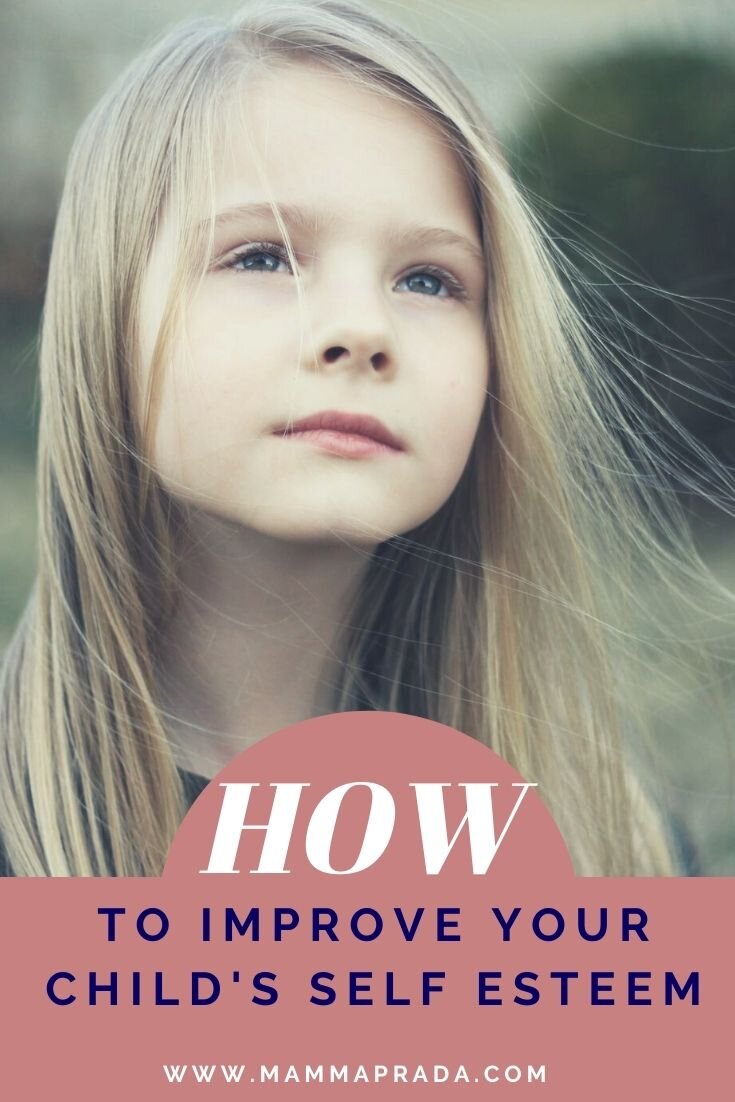How to help your child believe in themselves
/This is a collaborative post.
As a parent, you are hardwired to try and make your child feel loved and valued. While they are little their needs are quite obvious. They involve a lot of practical care and it’s not difficult to see what our job is.
As my children have got older I’ve realised this is where the more in-depth work begins! Making sure they feel loved, supported and understood. Helping your child believe in themselves. You hope that experiences in the outside world don’t negatively shape them. Often you won’t even know they’ve happened.
Sometimes a quick remark or a friendship change at school can make your child believe something completely different about themselves and you are then left trying to rectify this if they will listen to you. Sometimes improving their learning through resources from DoodleLearning or similar or changing something else can help, but there are also deeper reasons that a child’s self-esteem may not be as it should be.
I’ve known for a few years now that my son has quite low self-esteem. He appears to be a funny, chatty person who is brimming with confidence. However, I know this bubbly exterior is an attempt to be noticed and accepted into whichever group he is with at the time. There is an almost tangible desire to be included even though he has lots of friends.
Credit: Unsplash.
What is your child’s level of Self-Esteem?
We recently took a Free Child Self-Esteem Check and it’s given us such a valuable insight into how our child feels about different aspects of his life.
Following this, we have started to work with the Mindscreen experience®. Mindscreen offers powerful and practical resources for parents and teachers encouraging higher self-confidence and raised aspirations in children aged 11 upwards.
Despite our son only being eight years old, we’ve found it to be just as useful and are able to tailor it to his needs.
The Full Mindscreen experience is a course of sessions you work through together. Over the coming weeks, we will be going through this as a family and reporting back so you can discover exactly how it works and how it can benefit you and your child.
Credit: Unsplash.
How Mindscreen was created?
It’s reassuring to know that the Mindscreen experience® is based on science and incorporates globally recognised behavioural and motivational research and methodology.
Gavin Devereux, the Founder, is passionate about equipping parents and teachers with the resources they need to build confidence in children. He feels his own experiences have driven him to understand and believe there are constructive ways to raise your child’s self-understanding, self-belief, and esteem.
How does it work?
When you join the Mindscreen experience® your child will be asked a series of questions, all completed online. They are multiple-choice and give an indicator of how alike they feel to a list of statements.
Once completed you will learn about their wants and needs, strengths and weaknesses. Both you and your child complete the Mindscreen experience® questions. It’s also available to other members of the family.
Following completion of the online questionnaires their Personalised Learning Style document will reveal details of how they like to learn and what interests and motivates them.
Knowing this means you are more aware of how they prefer to learn, leading to better engagement and faster understanding.
You will also be provided with a Learning Improvement Graph. This is a picture of your child’s self-awareness, self-belief, and self-confidence. This is fascinating as you will see which areas your child needs help with and others where they feel stronger.
Credit: Unsplash.
Support throughout
There are nine lessons in the course, however before you begin there is a suite of useful resources to help you navigate the platform.
Mindscreen provides you with a Discovering More About Yourself & Others booklet. This is such an important resource as it goes through understanding others and yourself. It helps you analyse why you behave as you do, and why you are motivated to do some things and not others.
Along with this, there are three guides on Self-Awareness, Self-Confidence and Self-Esteem. These teach you the difference between each one and why they are equally important and need attention to improve.
So far our Mindscreen experience is dramatically changing how we are approaching this subject as a family. The conversations we are having together although tough are so rewarding for all of us. My son is really enjoying the process and getting more used to talking in depth about himself. The progress we’ve made already is incredible.
To learn more about the Mindscreen experience® click here and in my next article I will be sharing how we’ve found the process of tackling lessons one through to four!

























